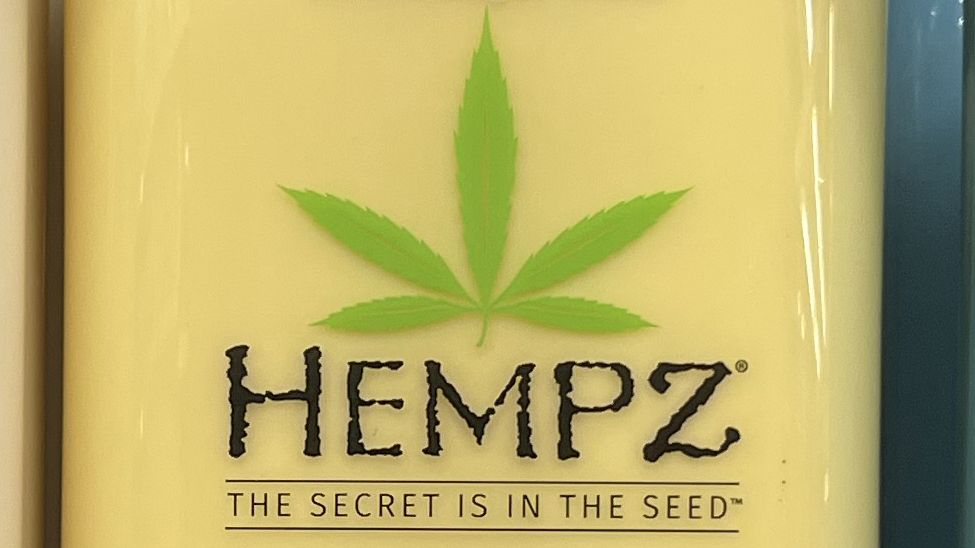Consumers often assume all hemp oil products are treated the same under the law, but regulations vary significantly depending on how the oil is made and what it contains. The term “hemp oil” can refer to both hemp seed oil—pressed from the seeds of the hemp plant—and cannabinoid-containing oils, such as those that include CBD or delta-8 THC. Each has its own set of rules that can influence what’s available on store shelves and how products are marketed.
Hemp Seed Oil: Approved for Food Use
Hemp seed oil, which does not contain measurable cannabinoids like CBD or THC, has been recognized by the U.S. Food and Drug Administration (FDA) as Generally Recognized as Safe (GRAS) for certain food applications. This designation allows it to be used legally in foods, beverages, and supplements that follow proper manufacturing practices. As a result, consumers can find hemp seed oil in grocery aisles, skincare lines, and nutrition products with relatively few legal restrictions.
CBD and Cannabinoid Oils: A Legal Gray Area
In contrast, hemp-derived oils that contain cannabidiol (CBD) or other cannabinoids are subject to stricter and less consistent oversight. While the 2018 Farm Bill legalized hemp with less than 0.3% delta-9 THC on a dry-weight basis, it did not automatically legalize CBD for all uses. The FDA currently maintains that CBD cannot be added to food or marketed as a dietary supplement without formal regulatory approval. This creates a gray market where many CBD brands operate without uniform federal guidance. Consumers are encouraged to read labels carefully, confirm third-party lab testing, and avoid products that make unverified medical claims.
Federal Production Standards and THC Limits
At the agricultural level, the U.S. Department of Agriculture (USDA) oversees hemp cultivation through the Domestic Hemp Production Program. This program sets limits on THC content, requiring that hemp plants test below 0.3% delta-9 THC. Crops exceeding this limit must be destroyed, ensuring that downstream products remain compliant. For consumers, this explains why hemp oil labels often specify “less than 0.3% THC” and highlight testing certifications.
The Rise of Intoxicating Hemp Compounds
Another growing concern involves synthetic or semi-synthetic cannabinoids, such as delta-8 THC, produced from hemp-derived CBD. These products exist in a regulatory gray zone and are treated differently from state to state. Several states have restricted or banned intoxicating hemp compounds due to safety concerns and unregulated manufacturing processes. Federal agencies have also taken action against misleading marketing, especially when products resemble snacks or candy that could appeal to minors.
What It Means for Consumers
For shoppers, the takeaway is to remain informed and cautious. Hemp seed oil is widely accepted and legally clear, but cannabinoid oils—especially those containing CBD or delta-8 THC—fall under evolving regulation. Laws vary by state, and enforcement continues to expand as agencies close loopholes and strengthen consumer protections.

